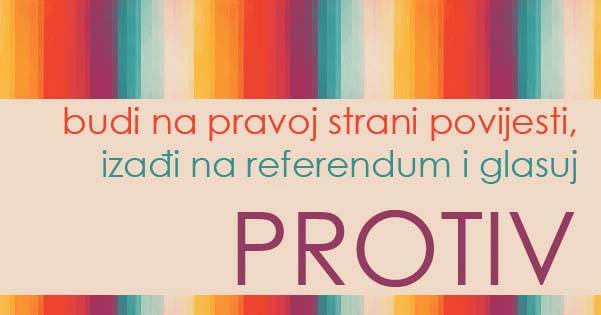Human rights ombudswoman Lora Vidovic has said on the occasion of International Day for Tolerance, observed on November 16, that current events in society indicate that unacceptable and discriminatory expression is widespread in Croatia, mainly against minorities, and that the basic tool in fighting for a more tolerant society is knowledge.
Current events regarding the exercise of minority rights indicate how widespread intolerance in Croatia is and how much we still have to work to become a more tolerant society. Unacceptable and discriminating expressions are widely present, in various media and in different contexts, from the Internet, to football games and in the speech by public figures, Vidovic has warned.
Manifestations of intolerance and discriminatory speeches are mainly against minorities, reflecting discriminatory positions which obstruct the exercise of their rights, she says.
Vidovic singled out the recent events in the eastern town of Vukovar because of bilingual signs, including unacceptable statements and actions, saying the rights and freedoms of all Croatian citizens are guaranteed by the Constitution and laws, so they must be respected. She says it is even more important to create an environment in which they are respected without coercion.
Pointing to unacceptable and discriminatory speech means working on the creation of such an environment. The purpose is not to prevent the expression of someone’s opinion or make discriminating positions invisible to the public, but changing people’s awareness by pointing to values that are key to an equal and peaceful coexistence, tolerance being one of them, perhaps the most important value, Vidovic says.
Tolerance means respecting, accepting and acknowledging the diversity in our cultures, our form of expression and the way to be people, she says, adding that tolerance envisages the will and ability to accept and allow diversity, be it political, religious, racial or sexual.
One of the basic tools in the fight against prejudice and the aspiration towards a more tolerant society, as well as our personal development, is knowledge. Learning about diversity, we re-examine our values, priorities and beliefs. Interaction and coexistence with members of national, religious and LGBT communities, and notably vulnerable groups such as the disabled and the homeless, are very important, Vidovic says.
Croatia’s membership of the European Union and the fact that Croatian society is becoming more diverse on a number of levels give us a unique opportunity to become more tolerant towards diversity and intolerant towards discrimination, she adds.
At the same time, it does not mean losing one’s identity but the opposite, nurturing one’s particularities is a prerequisite for respecting others and those who are different, Vidovic concluded.
